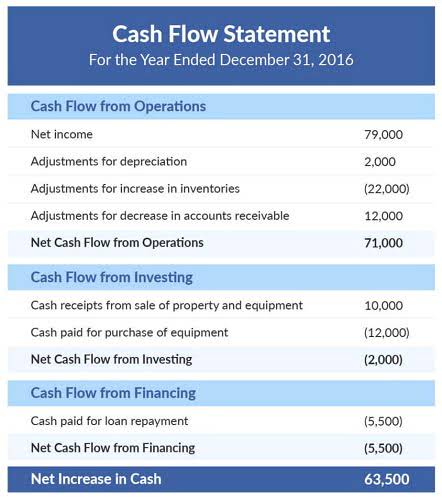
Now that we’ve covered the retained earnings balance sheet definitions of the most common terminology related to retainers, we can better grasp when and how we should use them in the legal profession. To learn more about hiring a lawyer on retainer, contact us at Beasley & Ferber today. We would be happy to sit down and speak with you one-on-one about your options.
Ensure the template complies with local legal requirements and includes sections for scope, payment terms, confidentiality, termination, and dispute resolution. This section should specify the payment schedule, such as monthly or upon completion of specific milestones, along with the mode of payment (e.g., bank transfer, check, or digital payment). The document should be thorough, covering all aspects of the arrangement to prevent ambiguity. Clarity is paramount, as the language used in the agreement must be simple, direct, and free of unnecessary legal jargon to ensure both parties fully understand the commitments being made. That depends on the size of your business and whether you anticipate needing legal help. If you run a small pet-sitting business, for example, having a lawyer on retainer likely isn’t necessary.

Recurring work serves as an insurance policy of sorts, especially when times are tough. Here, we’re reviewing everything you need to know before committing to this form of payment. It’s important to do your due diligence to determine what will work best for you and your clients. From the attorney's perspective, retainer arrangements offer several advantages define on retainer that benefit both the practice and client relationships.

If the retainer were to be used up before the work was complete, the attorney might ask for an additional amount. Retainer fees are not exclusive to any one industry; they’re a versatile payment model that can be adapted to various service-based businesses. Understanding how different sectors use retainer agreements can help you decide the best way to apply this payment structure to your own business. When you pay a security retainer, the money goes into a trust or an escrow account (this is sometimes called an IOLTA account, short for “interest on lawyer trust’ account).


A retainer agreement, also known as a retainership contract, is a legally binding document that establishes an arrangement between a service provider and a client. It allows the client to pay in advance for future services rendered by the professional, often on an ongoing basis. These agreements are commonly used in legal, consulting, and freelance industries. When a client pays a retainer fee, the lawyer agrees to take on the client’s case and provide legal services during the agreed-upon period. The lawyer deposits this fee into a trust account, and it remains there until the lawyer earns it.
Similarly, you can retain a lawyer to handle a personal injury case against a trucking company that negligently maintained its vehicles. The lawyer will file an insurance claim and, if necessary, file a truck accident lawsuit. For example, you might hire a lawyer to defend you in a criminal prosecution for aggravated DUI. The judge will typically ask you if you intend to “retain” private counsel or meet the requirements for a public defender. The final step involves both the professional and the client signing the agreement, acknowledging their understanding and commitment to the terms.
Christy Bieber has a JD from UCLA School of Law and began her career as a college instructor and textbook author. She has been writing full time for over a decade with a focus on making financial and legal topics understandable and fun. Her work has appeared on Forbes, CNN Underscored Money, Investopedia, Credit Karma, http://www.huismanergo.nl/2023/07/05/partnership-definition-how-it-works-taxation-and/ The Balance, USA Today, and Yahoo Finance, among others. "Justin is a pleasure to work with and I would absolutely recommend. He was thorough, prompt, professional and knowledgeable. Will definitely use his services again in the future." He also insisted that his client only ever paid Cohen for his legal work, subject to a retainer that was never documented.
A retainer agreement is a vital legal document that sets the foundation for an ongoing professional relationship between a service provider and a client. Drafting a comprehensive and clear retainership contract ensures that both parties understand their responsibilities, rights, and expectations, minimising the risk of disputes. Below is a step-by-step guide to drafting an effective retainer agreement. General retainers are the traditional type of retainers where a lawyer agrees to handle a case or future issues that arise for a client. This type of retainer typically only appears where the lawyer or firm has special talents or connections with the client.